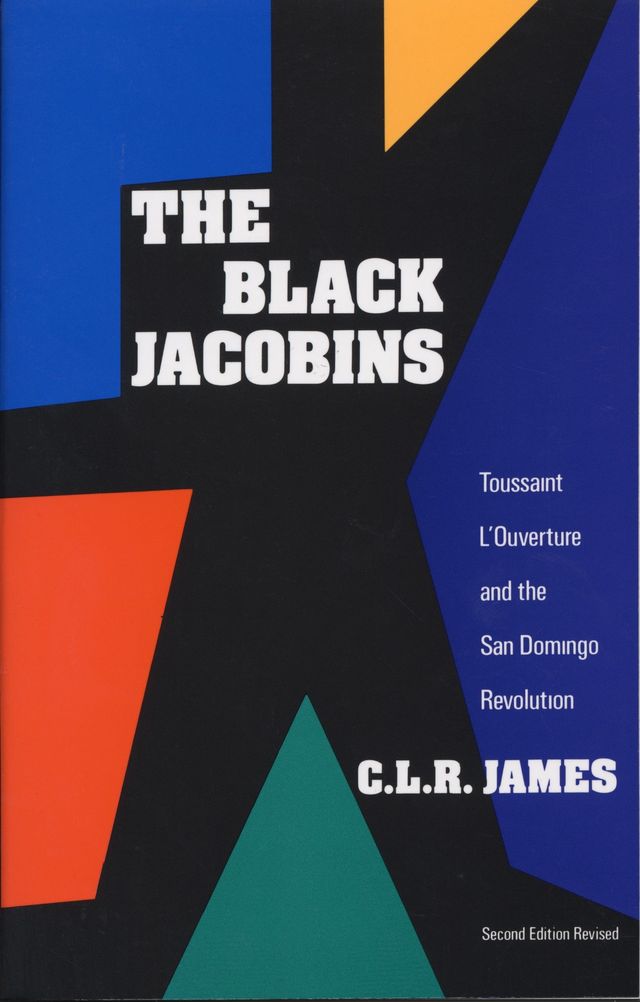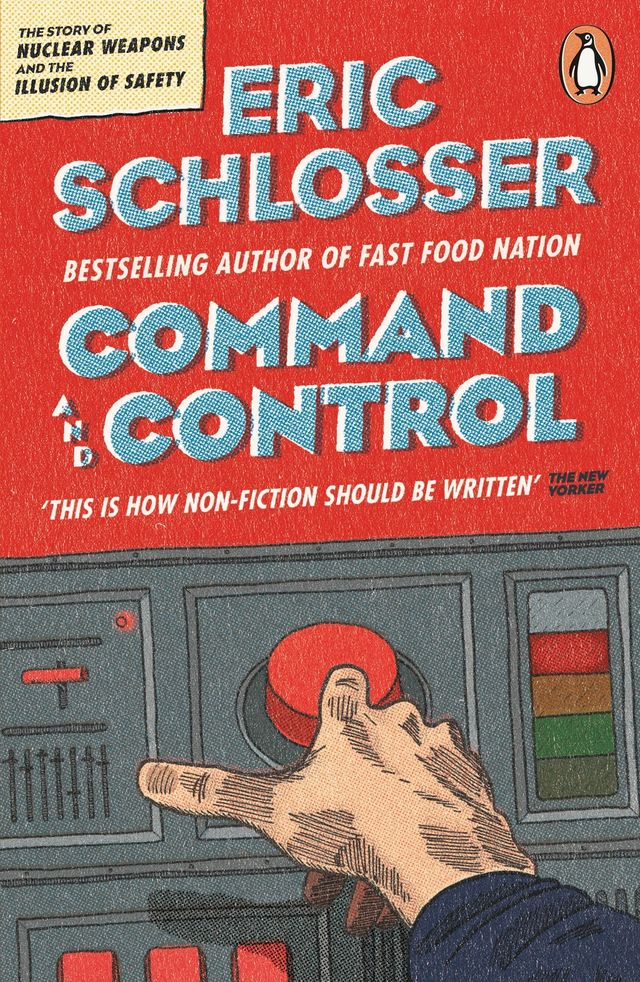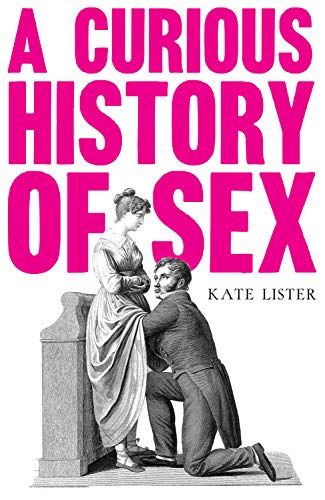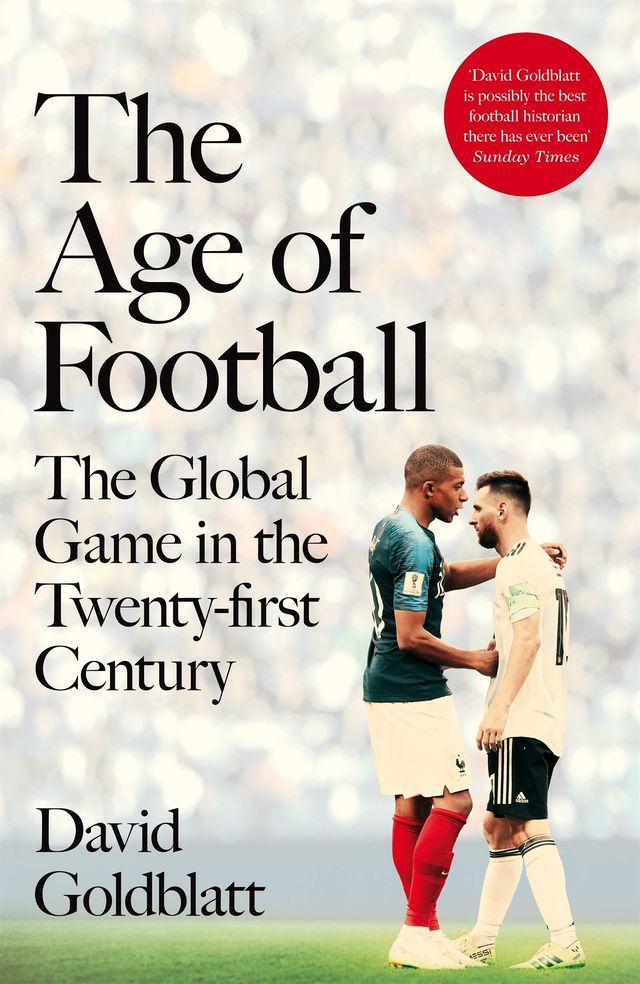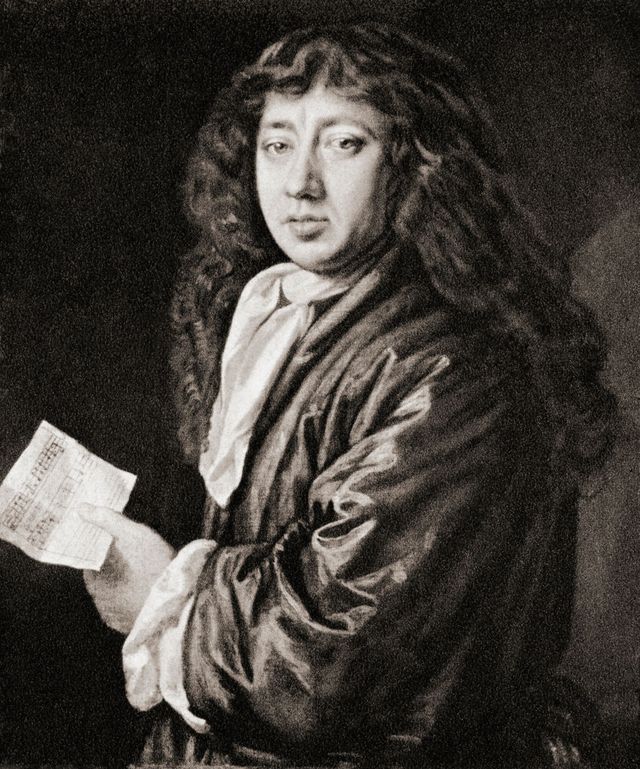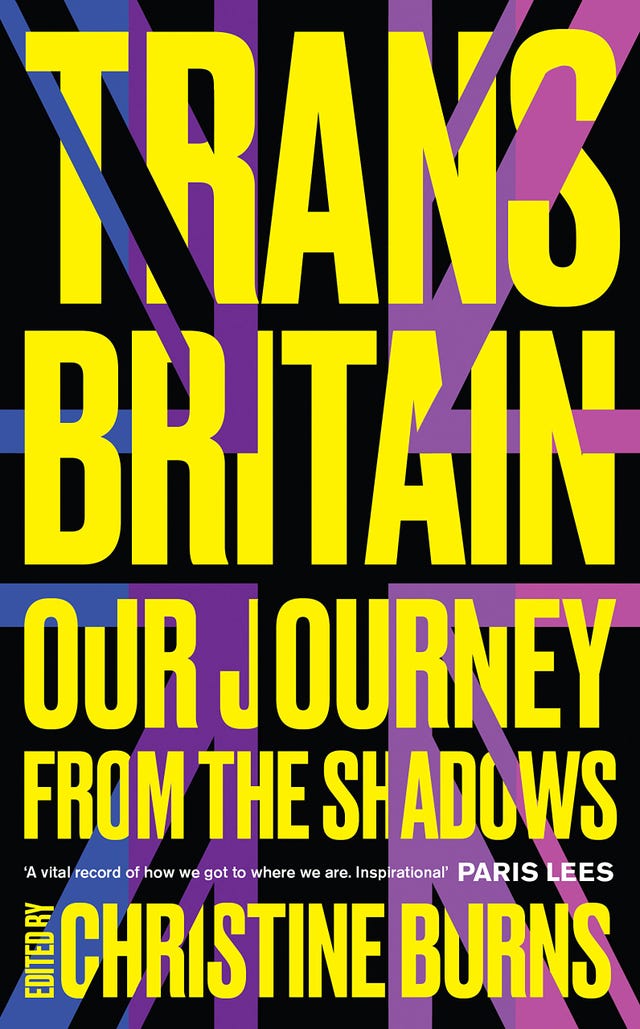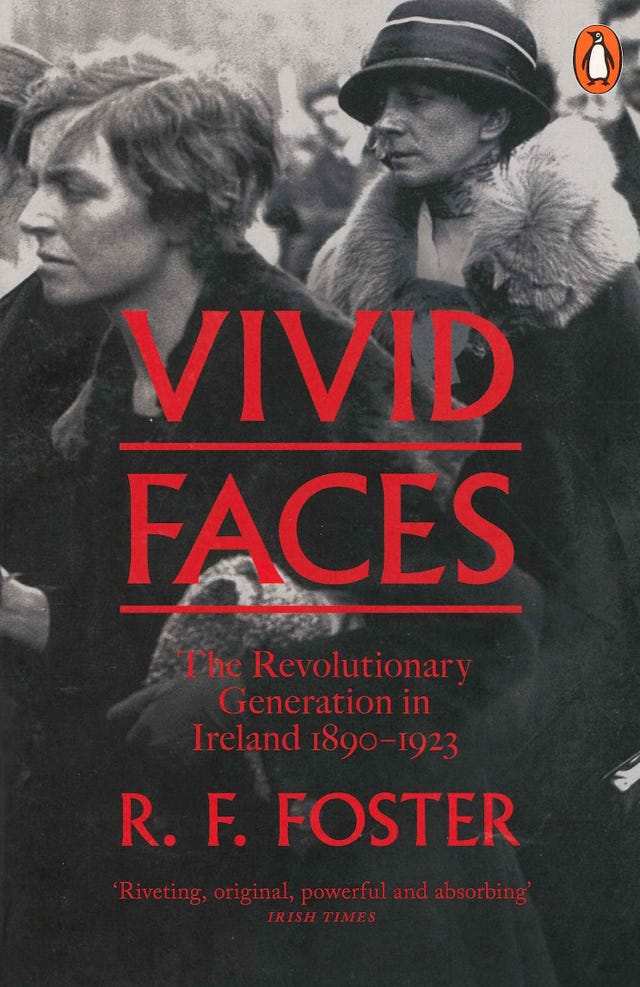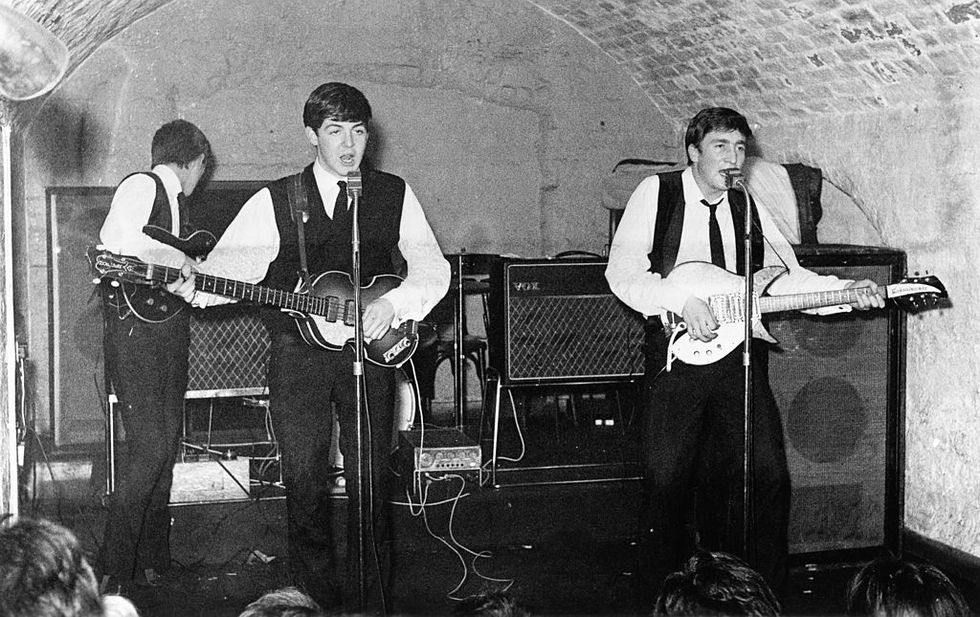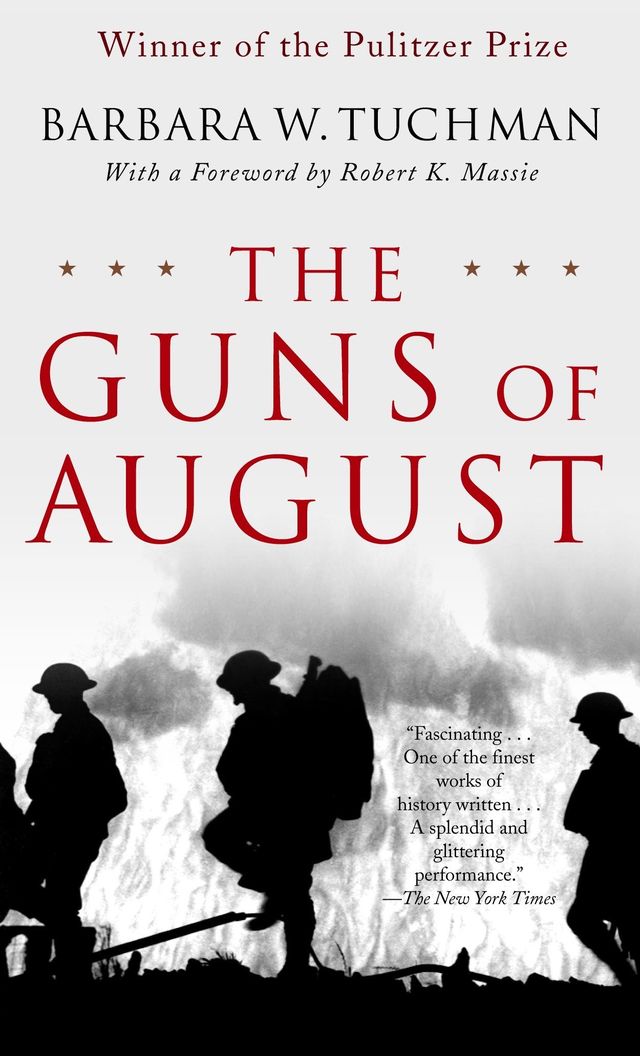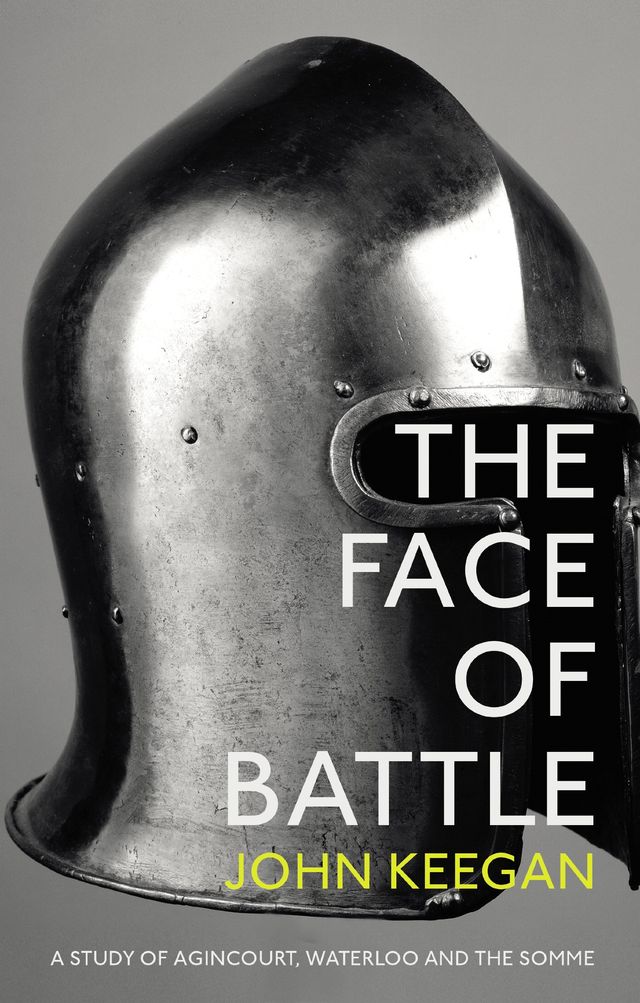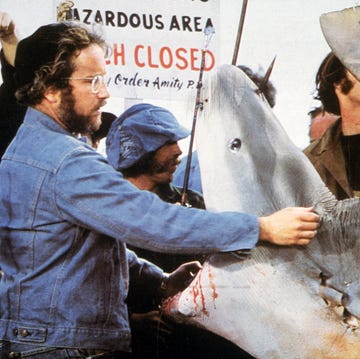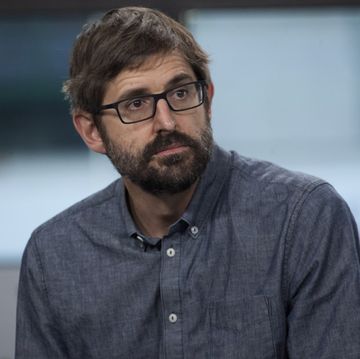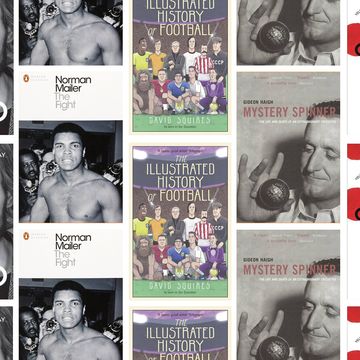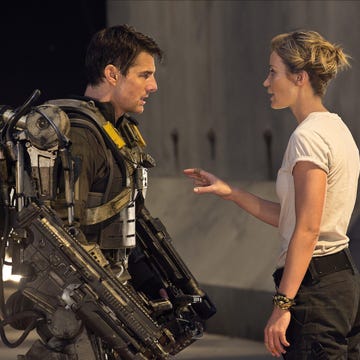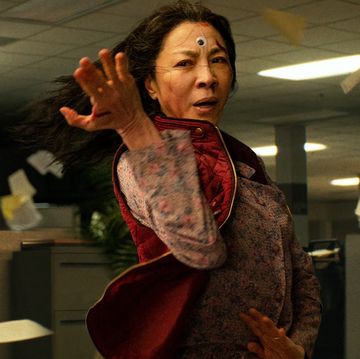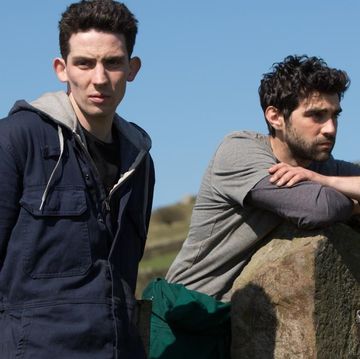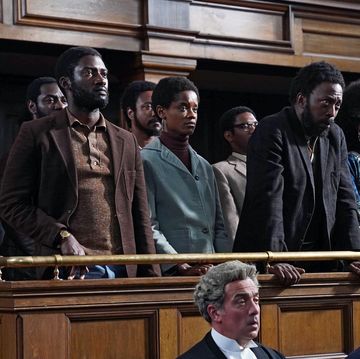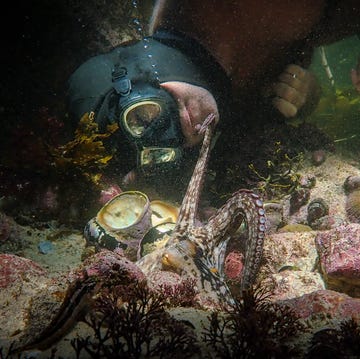The UK is obsessed with its own past to a borderline neurotic extent. Obviously there's nothing that can't be compared either directly or indirectly to the Second World War, but beyond that we tend to keep returning to the same times and historical megastars again and again. Look at the carousel of topics that rotate on the BBC (industrial revolution, Tudors, both World Wars) and Channel 4 (Nazis, some occasional Tony Robinson).
So it's worth getting outside of that and immersing yourself in some of the less well-trodden bits of history, or getting a totally fresh perspective on the bits you think you know. You've got the entirety of human history to go at, though, so it's understandable if you're a bit overwhelmed. So here's 14 of our favourite history books, to get you started.
The Five by Hallie Rubenhold (2019)
The mythos around Jack the Ripper is as strong now as ever, but the whole industry of tours, documentaries and books, which don't forget are about a set of horrific murders attributed to perhaps the most notorious killer of them, tends to treat the women he killed callously, with a thigh-rubbing sense of death as entertainment.
Rubenhold's corrective is vital and fascinating, telling the life stories of the 'canonical' five victims – Mary Ann Nichols, Annie Chapman, Elizabeth Stride, Catherine Eddowes and Mary Jane Kelly – and painting a rich, vibrant portrait of how varied life was for women in Victorian London. They were far more than the deaths they suffered. As Rubenhold says: "The victims of Jack the Ripper were never 'just prostitutes'... they were women. They were human beings."
The Black Jacobins by CLR James (1938)
The Haitian Revolution of 1791 is all but forgotten in the West today. Unfolding a few years after the French Revolution, the only successful revolt by enslaved people saw those in the French colony of San Domingo break free from their former masters, inspired by leader Touissant L'Overture. He was, in James' view, "one of the most remarkable men of a period rich in remarkable men," and led the revolutionaries through invasions by French, Spanish and English forces.
The painful irony that the new French state did not extend its principles of liberté, egalité, and fraternité to the slaves whose labour it exploited is not lost on James. It's rigorously researched, but made deeply readable by the fervency of James' personal views and sense of justice. His rumination on cricket and its colonial legacy, Beyond A Boundary, is brilliant too.
Revolutionary Russia 1891-1991 by Orlando Figes (2014)
Russia's revolutionary century can feel tricky to get a hold of beyond a few facts – Lenin seizes power; Stalin = bad; Chernobyl; long slide toward collapse – and the Russia which roiled and then calcified as the Soviet Union fell can feel like a parallel, dead world now.
Fortunately, Figes' clipped, lucid style makes this the ideal primer: he paints Tsar Nicholas II – a man invested with unlimited power and faith in his God-given right to rule but severely limited political skill – as uniquely under-equipped to stop the revolution happening (his wife "even urged him to comb his hair with Rasputin's comb in order to reinforce his will"). This one's full of poignant detail, especially on what the revolution meant for ordinary Russians over the century.
Command and Control by Eric Schlosser (2014)
If you like your history books served with a gigantic side-order of existential dread, this is your book. The main thread follows the slowly ratcheting drama in a missile silo in Little Rock, Arkansas, when a fluke accident turned a nuclear-tipped Titan rocket into a timebomb, while the other tells the story of how nuclear weapons were conceived and invented, and the never-ending struggle over who actually gets to have their finger on the American nuclear button. It's the 'Broken Arrow' accidents that stick with you, though – in 1961, for instance, Goldsboro in North Carolina was only spared from an accidental nuking by a single switch costing less than a dollar. Absolutely terrifying but compulsively readable.
Queer City by Peter Ackroyd (2017)
Ackroyd's London: the Biography wanders all around the alleyways and nooks of the capital, breezing around enthusiastically but having the effect of dragging you around the city like a slightly overbearing friend who's meant to be showing you where this pub they've mentioned is but keeps talking about where the old GLC offices used to be. Queer City, though, is a lot more focused and just as enthused. Ackroyd's encyclopaedic knowledge of the capital is harnessed to how gay culture has always been at its heart, flourishing despite censure of various types throughout the ages.
A Curious History of Sex by Dr Kate Lister (2020)
Note that indefinite article there – this is a history of sex, not the history of sex. It's a collection of essays rather than an end-to-end biography of how people have got busy over the millennia, which you'd imagine would run to quite a few volumes. Instead this books dipds into enduring peccadilloes and practices, from the development of the earliest condoms and the history of the c-bomb, to how the bicycle became a symbol of sexual freedom, and a myth-busting treatise on Victorians and their vibrators.
The Age of Football by David Goldblatt (2019)
There's a school of thought which says that football isn't a sport anymore. Put away the cones and chuck out the bibs: football's a pulverising entertainment industrial complex, as well as being a geopolitical reputation-enhancer, as the ongoing takeover of Newcastle United by a Saudi Arabian wealth fund shows.
How did that happen? The Age of Football elucidates both the extent of the sport's penetration around the world and the existential malaise at its heart – certainly, there aren't many football books which start with a quotation from political theorist Guy Debord. For a global history of how football became the world's game, Goldblatt's earlier book The Ball is Round is exhaustive.
The Diary of Samuel Pepys by Samuel Pepys (1669)
The most celebrated diarist of them all doesn't exactly lead with his A-material – 1 January 1660: "Blessed be God, at the end of the last year I was in very good health, without any sense of my old pain but upon taking of cold" – but his juxtaposition of great matters of state and his own everyday intrigues makes him endlessly readable. You get the Great Fire of London and the Great Plague, yes, but you also get his affairs, his excitement about buying a watch with an alarm on it, and his big night out with his maid and her mum which ended with them setting off firecrackers.
The diary runs from 1660 to 1669, starting when Pepys was an ambitious and often impatient 26-year-old, and his assiduous attention to detail builds a rich sense of what it was like to live through a tumultuous decade. England in the 1660s was only a few years from the Civil War, and as a Cromwell supporter who became a Royalist, he was uniquely placed to witness how the country worked out how it felt about itself.
Trans Britain: Our Journey from the Shadows, edited by Christine Burns
Marginalised groups tend to be conspicuously absent from the history you're taught in school, but this collection of essays is a corrective, tracing the beginnings of today's trans rights movement back to the early Sixties and tracking how it grew. The stories of the fight for dignity and recognition run from early supporters in Parliament to representations on TV and in film and how musicians have played with gender, as well as the grassroots activists at the heart of the movement.
Vivid Faces by RF Foster (2015)
History lessons in British schools also tend to be pretty light on the details on the whole Ireland situation. Starting in 1890, Vivid Faces retells the run-up to and aftermath of the Easter Rising of 1916, the insurrection which led to the deaths of 16 republican leaders and the revival of the movement for a united Ireland, which would abide for the rest of the century and beyond. Foster has a way with a swift pen-portrait – poet Thomas MacDonagh was "insecure, febrile and intermittently gloomy" – and vibrantly evokes the personalities leading the intellectual side of the rising.
The Unwomanly Face of War by Svetlana Alexeivich (2017)
Anyone who went deep on Chernobyl after watching the HBO series last year will be familiar with Alexeivitch's oral history, Chernobyl Prayer, and the way her skilfully compiled first-hand stories give direct, polyphonic witness to the most important events of the 20th century.
The Unwomanly Face of War, a collection of accounts of how women in Russia lived through the Second World War, was effectively censored for years before appearing in English in 2017. These testimonies from every angle of the conflict – soldiers, doctors, pilots, snipers, cooks, washerwomen, drivers, telephone operators – capture something more profound than a more straightforward factual reconstruction ever could. The disorientation and almost dreamlike reminiscences she collects show how the war warped the collective psyche, and how ordinary human beings deal with the most extreme circumstances imaginable.
The Beatles: Tune In by Mark Lewisohn (2013)
There are a lot of Beatles books out there, and given that Tune In's 840 pages only tell the Beatles story up to the end of 1962, three months before their first album was released – Tune In is the first of a projected trilogy telling the entire Beatles story – you might think it's overkill.
True, It's a big mother. It. Is. Large. But this isn't another piece of pop journalism. It's a properly weighty history that shows the Beatles' story isn't just about music: it's about Liverpool, and class, and the new social contract after the Second World War, and poverty, and the renewal of Europe, and the birth of youth culture. More than anything, it's about the literally hundreds of coincidences, happy accidents and the vast array of characters who helped make the whole thing happen.
The Guns of August by Barbara W Tuchman (1962)
Rather than trying to track the entirety of the First World War, Tuchman focuses on the build-up and the first month of the conflict, starting with the funeral of Edward VII in 1910. At the start of that first month, cavalry charges were still part of the battle plan and French soldiers were still wearing the blue tunics with red trousers of Napoleon's armies. By its end, the trenches were being dug. It was the start of the 20th century as we know it.
Tuchman's remarkable conclusion is that the appalling mechanised slaughter and mud-drenched horror of the war happened largely because of the miscalculations, hubris and complacency of men who thought that the tangled web of obligations between nations would keep them safe.
The Face of Battle by John Keegan (1976)
Without wanting to go the full Mark Corrigan, if you're going to get one book about war through the ages, get this. Keegan, who taught at Sandhurst, tracks how warfare and the world has changed by comparing the English and British experiences at Agincourt, Waterloo and the Somme, but rather than looking from a bird's eye view and following the commands of the high-ups, he focuses on the lived experience of ordinary rank and file, and how the many mundanities that can tip a marginal situation one way or another. Shakespeare's Henry V certainly feels very different when you know about the stink of the English archers at Agincourt, who'd had to piss and shit where they stood, for hours on end.
Like this article? Sign up to our newsletter to get more delivered straight to your inbox
Need some positivity right now? Subscribe to Esquire now for a hit of style, fitness, culture and advice from the experts


